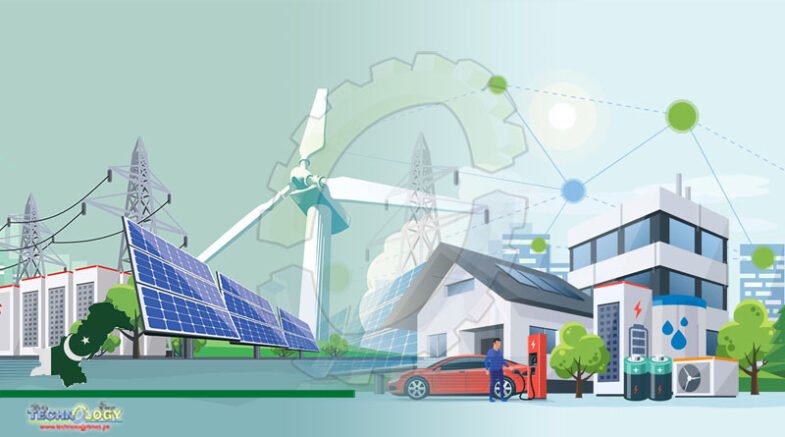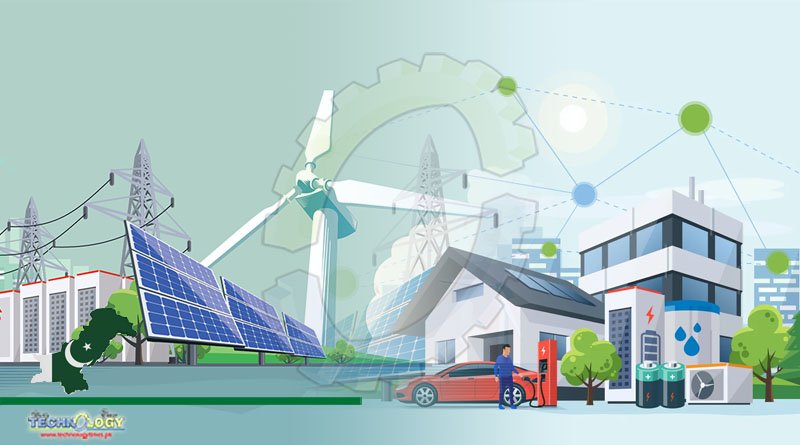Members of civil society have called for ‘climate justice’ and urged the global stakeholders to bring about adequate changes for making communities resilient through proper use of clean energy sources.

Members of civil society have called for ‘climate justice’ and urged the global stakeholders to bring about adequate changes for making communities resilient through proper use of clean energy sources.
They pointed out that Pakistan is not among the top sources of greenhouse gas emissions, according to the global risk index. And yet it is among the countries that are most vulnerable to adverse effects of climate change.
The key issues of climate change were discussed by representatives of humanitarian organisations, members of the academia, and media personnel during a dialogue organised by the Sindh Community Foundation (SCF) in collaboration with the Indus Consortium and Grow Green Network in Hyderabad.
In his speech on the occasion, Javed Hussain of the SCF said that Pakistan witnessed one of the most devastating floods of its recent history in August due to climate change, which adversely affected the economy, infrastructure, and food security of most vulnerable segments of the society.
The recent projections of the World Bank and the IMF World Economic Outlook report say that the number of poverty-stricken people will increase in the future due to severe food security issues and high inflation. He said that global actors should initiate projects for making communities resilient or “climate justice for Pakistan” as the country is not a large contributor of carbon gas emissions but is affected greatly by climate change.
Executive Director of the Indus Consortium Hussain Jarwar pointed out that like many other International Financial Institutions (IFIs) the Asian Development Bank (ADB) has injected money into multiple fossil fuel projects, including the Jamshoro Power Generation Project for installation of 600MW supercritical coal-fired power plant.
After announcing an energy transition scheme for Pakistan, ABD released new tranches for old projects which show that ADB is still funneling money into fossil fuel projects in the country. Elaborating, he said that the ADB had included Pakistan, Vietnam, the Philippines and Indonesia into the transition scheme under which coal-fired power plants and high-carbon power plants were to be phased out/ retired.
The shift towards local, cleaner renewable energy sources, especially wind and solar, could be purposeful if done with the right approach. The ADB should follow green development principles, he added.
Prof Dr Muhammad Ismail Kumbhar of the Sindh Agriculture University was of the view that climate change is affecting the society badly and the recent floods had weakened food security and increased poverty in the province, which required holistic policy shifts.
Fiza Qureshi, Suleman G Abro, Noor Bajeer, Lala Neel Amber, Sarwan Baloch, Abbas Khoso, Wali Muhammad Bozadra, and Zahida Detho also spoke on the occasion.
